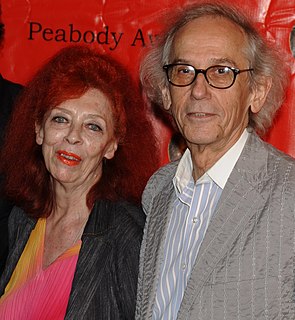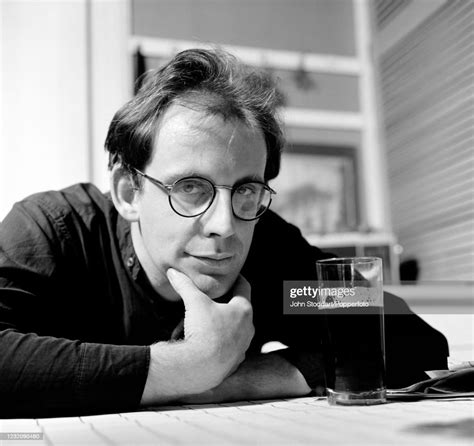A Quote by Charles-Francois Dupuis
The book known by the name of the Apocalypse, has seemed to be until now unintelligible, merely because people persisted to see in it a real prediction of the future, which every one has explained after his own fashion, and in which they have always found what they wanted, namely anything but that, what the book contained.
Related Quotes
I am not sure I knew what I was doing, writing an "apocalypse" novel, when I started this book. Now that the book is done, I can own that I have in fact written an apocalypse novel, one that speculates on a dark, dark future. Why I did it, I really don't know - every time people read my work they comment on its darkness, its sadness.
Because he did not have time to read every new book in his field, the great Polish anthropologist Bronislaw Malinowski used a simple and efficient method of deciding which ones were worth his attention: Upon receiving a new book, he immediately checked the index to see if his name was cited, and how often. The more "Malinowski" the more compelling the book. No "Malinowski", and he doubted the subject of the book was anthropology at all.
You will want a book which contains not man's thoughts, but God's - not a book that may amuse you, but a book that can save you - not even a book that can instruct you, but a book on which you can venture an eternity - not only a book which can give relief to your spirit, but redemption to your soul - a book which contains salvation, and conveys it to you, one which shall at once be the Saviour's book and the sinner's.
The book I am best known for, or only known for, is a novel I am prepared to repudiate: written a quarter of a century ago, a jeu d'esprit knocked off for money in three weeks, it became known as the raw material for a film which seemed to glorify sex and violence. The film made it easy for readers of the book to misunderstand what it was about, and the misunderstanding will pursue me till I die. I should not have written the book because of this danger of misinterpretation.
So, you see, it's a real chore for me to write a book review because it's like a contest. It's like I'm writing that book review for every bad book reviewer I've ever known and it's a way of saying [thrusts a middle finger into the air] this is how you ought to do it. I like to rub their noses in it.
Here, then, is the point at which I see the new mission of the librarian rise up incomparably higher than all those preceding. Up until the present, the librarian has been principally occupied with the book as a thing, as a material object. From now on he must give his attention to the book as a living function. He must become a policeman, master of the raging book.
I hope for so much from every book I read. And time and again, I find myself disappointed. I look across my bookshelves and see hundreds of titles which in my memory seem merely mediocre or second-rate. Only occasionally does a novel appear for which I feel a lasting passion, a book that I think could in time become a classic.

































